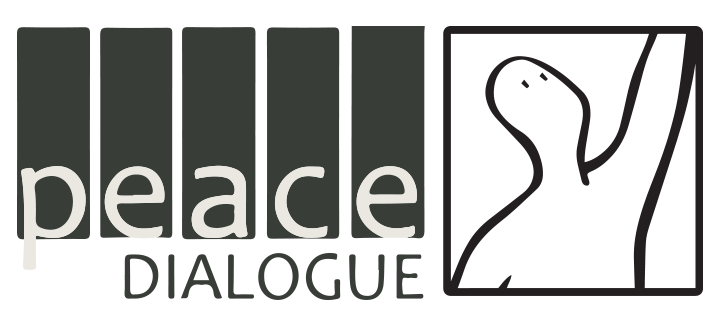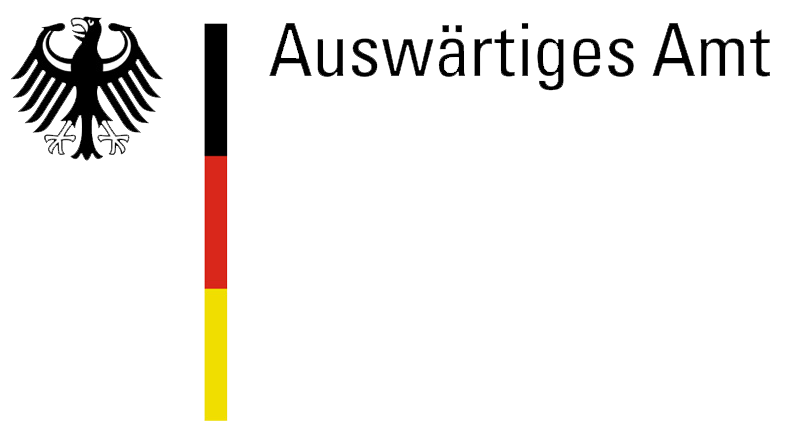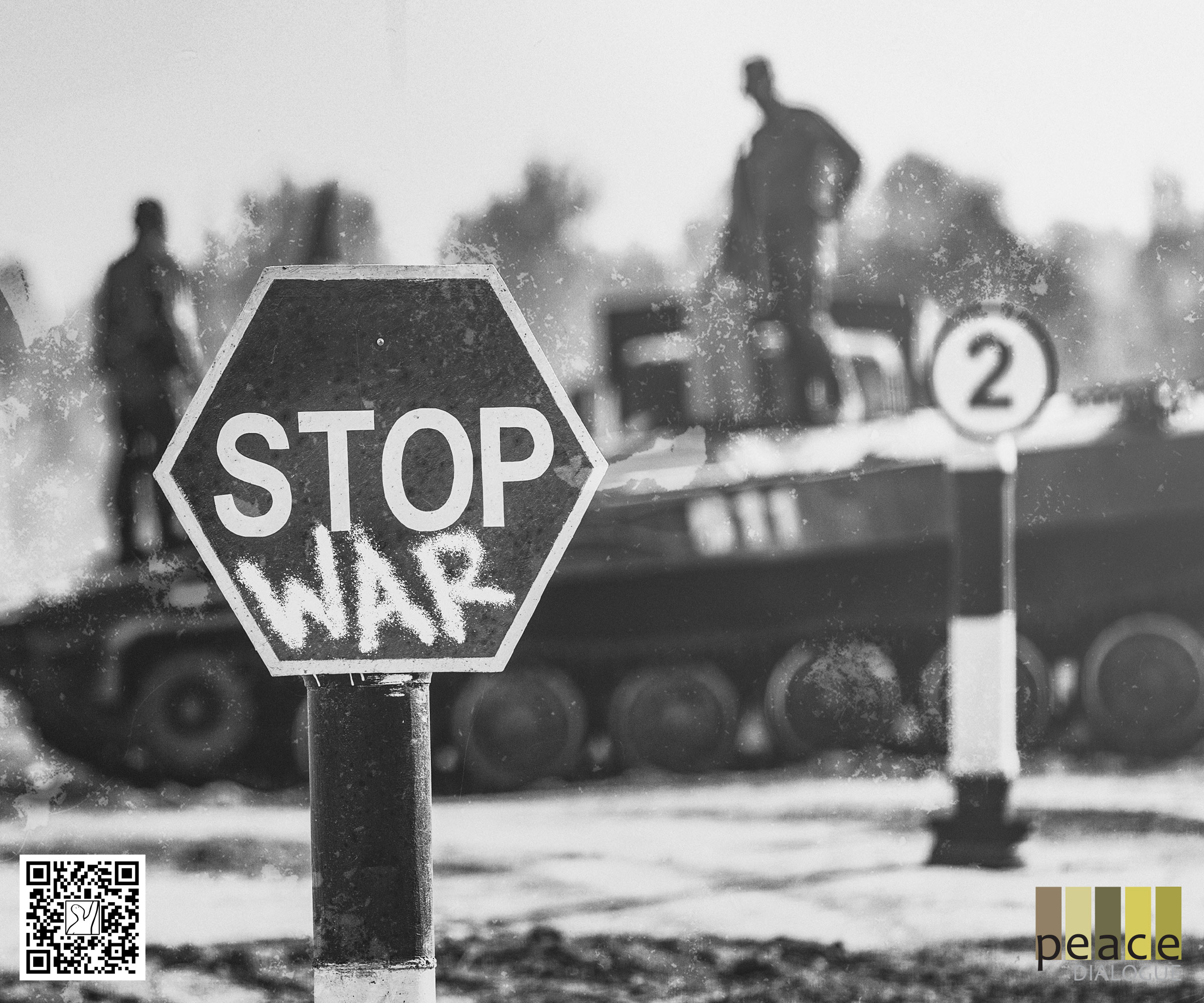
© 2024. IMAGE SOURCE: ISTOCKPHOTO
In places where tension is a constant backdrop and the threat of escalating conflict is always present, the need for initiatives that build peace is undeniable. Especially for the younger generation, stepping into the realm of peacebuilding is both a critical and daunting task. Their projects need to navigate the complex balance between doing no harm, staying relevant to their contexts, and overcoming societal pressures that might silence their calls for peace. This was the central theme of a workshop organized by Peace Dialogue NGO, part of the Contact 3.0 project, aimed at addressing these challenges. The workshop, titled “Obtaining Effective Methodology for Designing Peacebuilding Local Initiatives,” took place from March 2 to March 3, 2024, and focused on deepening young participants’ understanding of peacebuilding, its challenges, and strategies for creating impactful local initiatives.
The first day of the workshop served as an introduction to the basics of peacebuilding for the 10 participants. They learned about UN Resolution 2250 on “Youth, Peace, and Security,” which emphasizes goals like involvement, protection, and cooperation. The participants were also exposed to various tools and methods for analyzing conflicts, aiming to equip them with the knowledge needed to address peacebuilding challenges effectively. This session encouraged them to share their thoughts on obstacles to peace they’ve encountered in their lives, facilitating a discussion on common stereotypes and challenges.
On the second day, the atmosphere shifted towards collaboration and creativity. Participants brainstormed ideas for initiatives that could foster critical thinking, increase political participation, and empower young people through innovative approaches. The Contact 3.0 team was there to guide them through defining their project goals, identifying their target audience, and assessing potential risks. With this support, the young participants developed strategies to mitigate these risks, ensuring their projects could move forward responsibly.
This workshop highlighted the importance of thoughtful preparation and support for youth-led peace initiatives by promoting a deeper understanding of peacebuilding, strategic planning, and mutual empowerment.
The workshop was implemented in the scope of the project Contact 3.0.
Project’s German Partner – OWEN – Mobile Akademie für Geschlechterdemokratie und Friedensförderung e.V.
The project is supported by the zivik (Civil Conflict Resolution) programme of the Institute for Foreign Cultural Relations (ifa) with means from the German Federal Foreign Office.



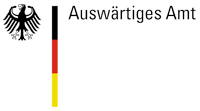
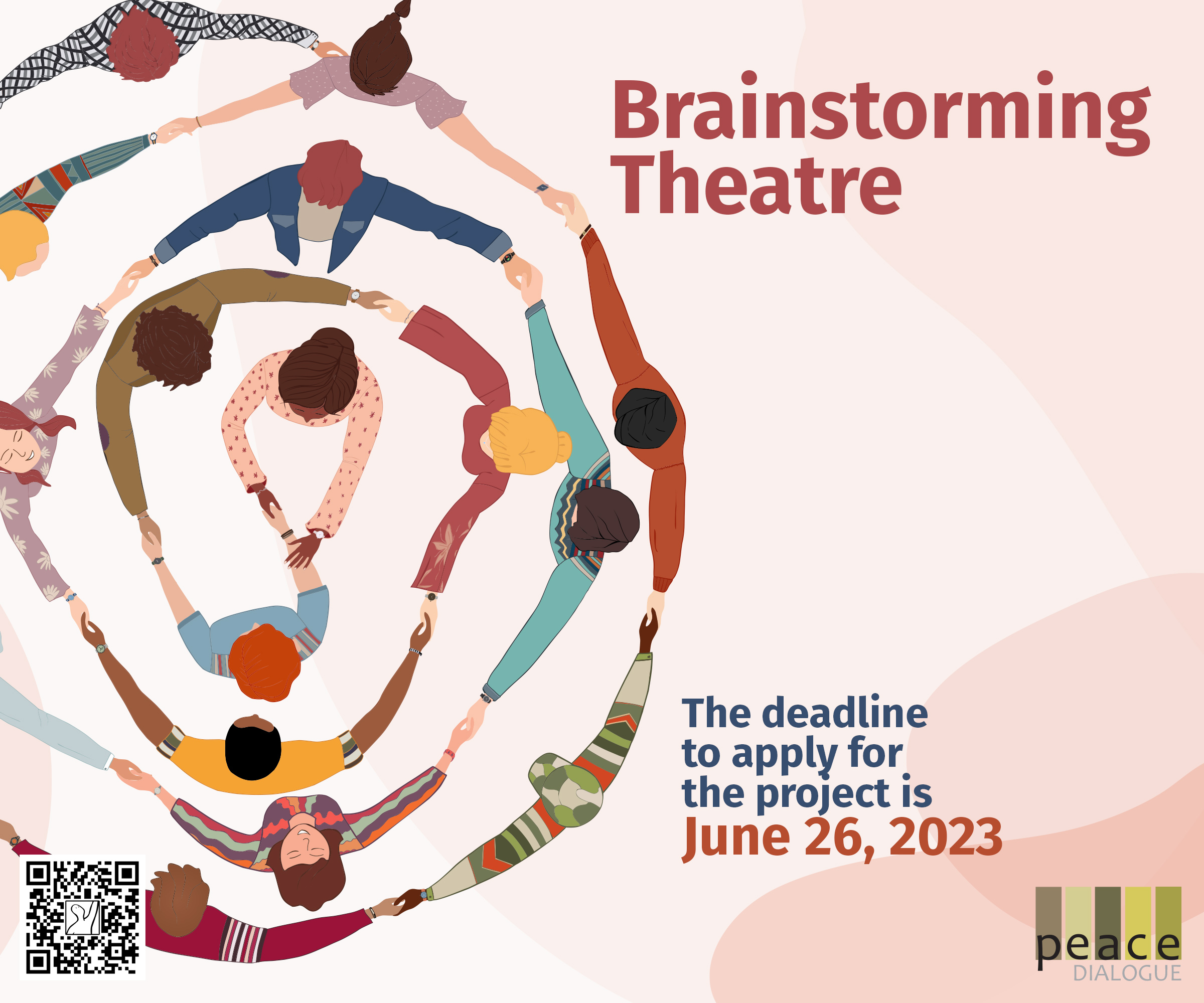
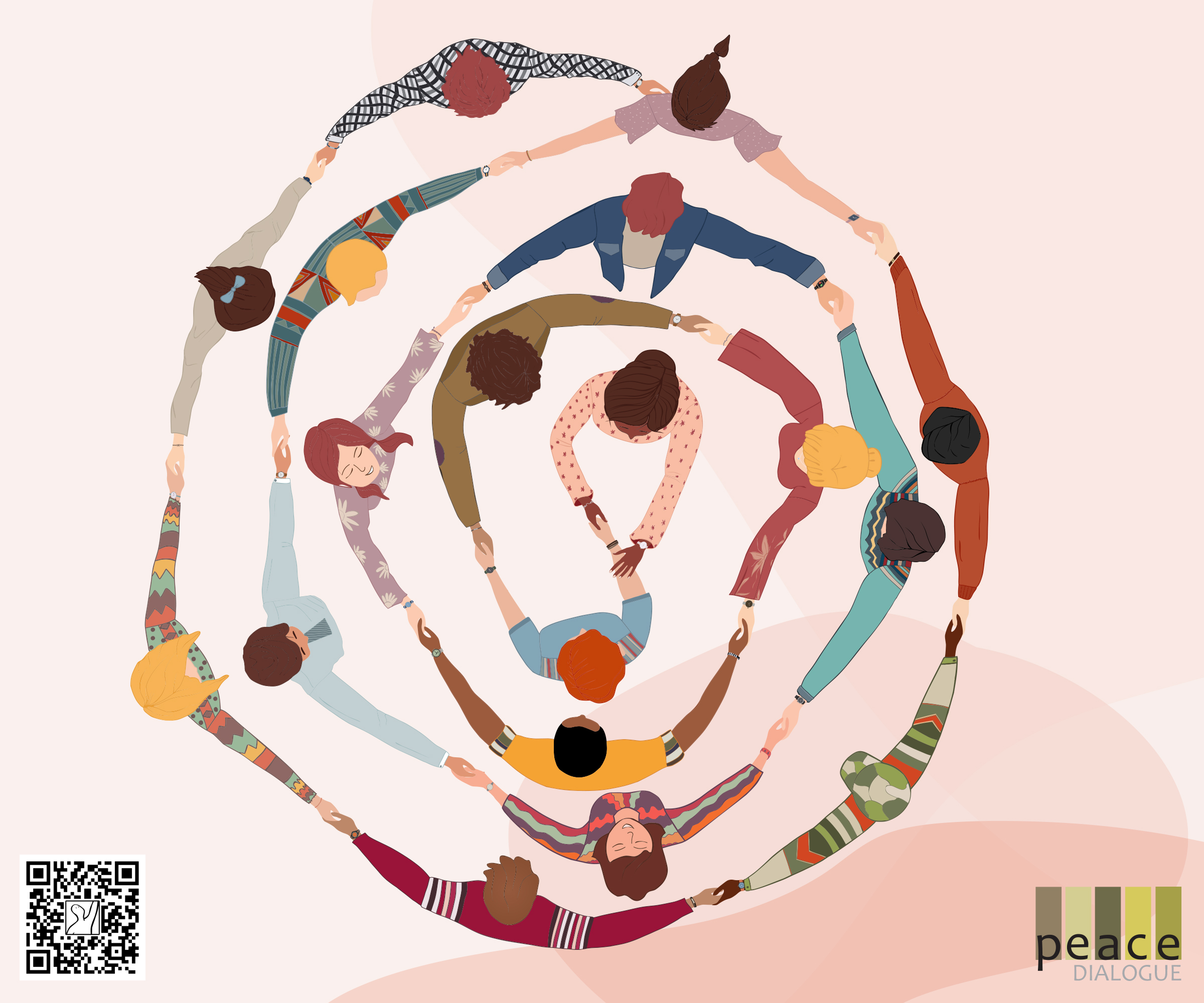
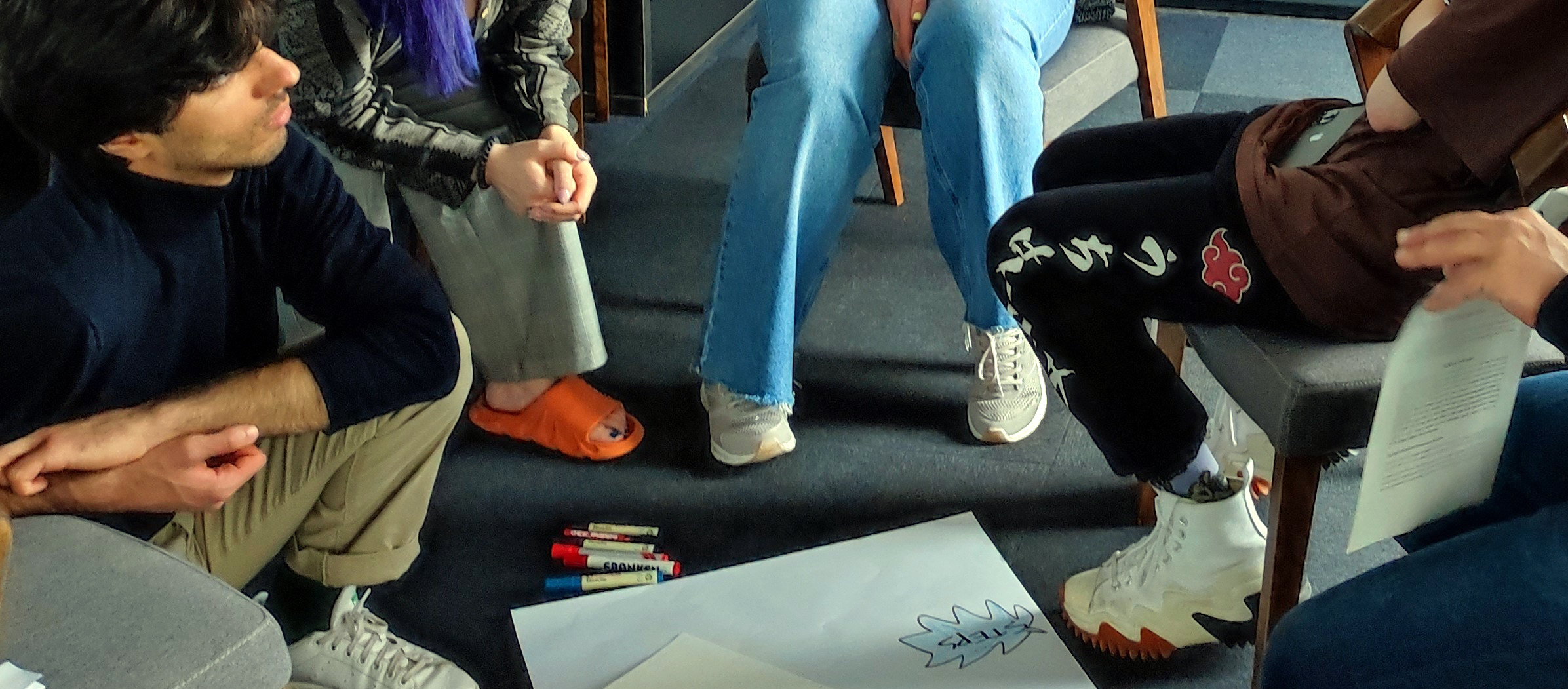
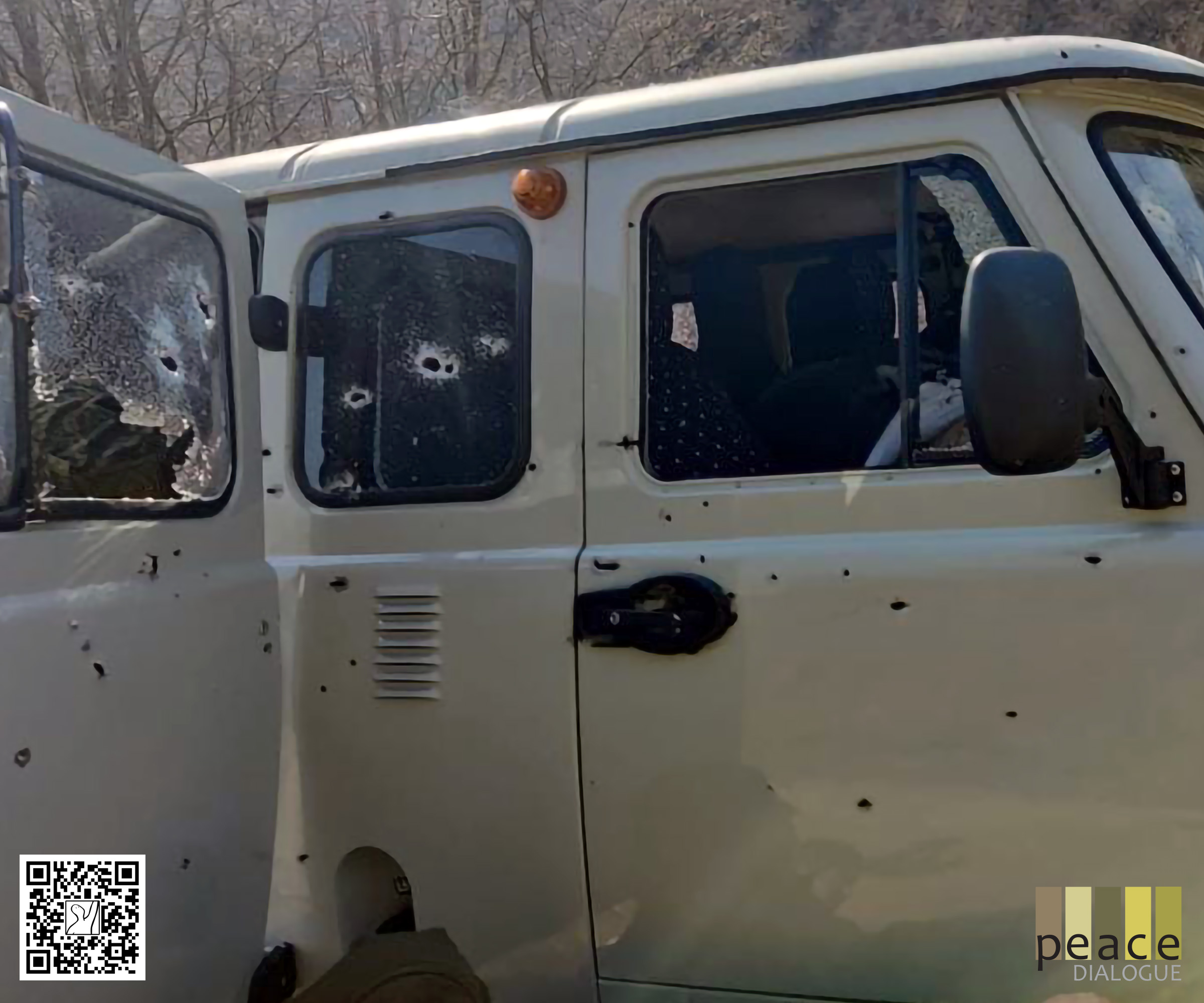

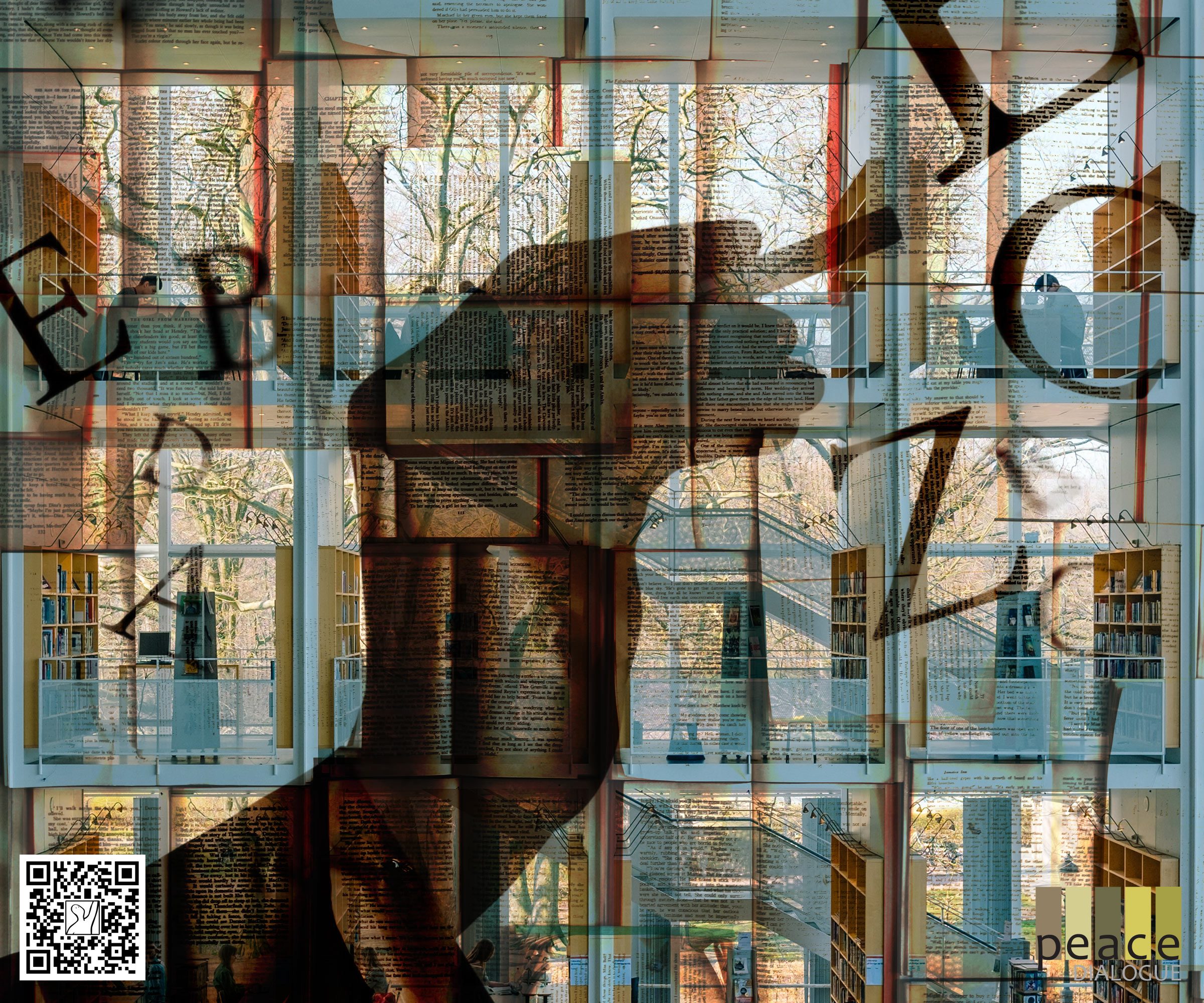
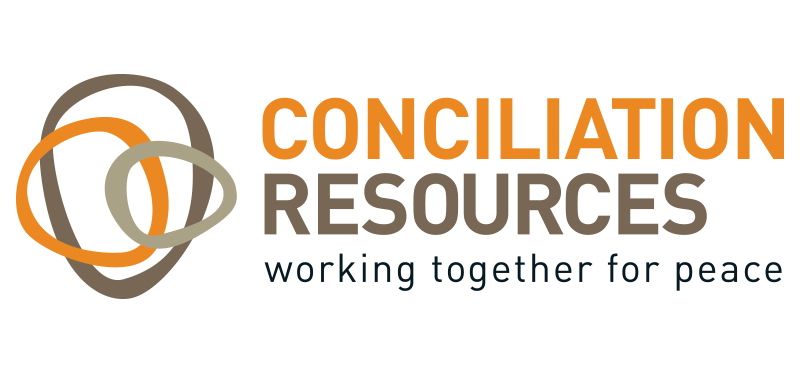
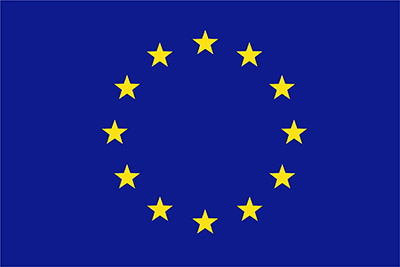
 “…Peace, first of all, is the absence of war. It comes most probably from my context, and the environment where I live. But also, peace is when a person does not feel constantly intimidated but protected both in terms of security and law. All this is peace for me…”
“…Peace, first of all, is the absence of war. It comes most probably from my context, and the environment where I live. But also, peace is when a person does not feel constantly intimidated but protected both in terms of security and law. All this is peace for me…”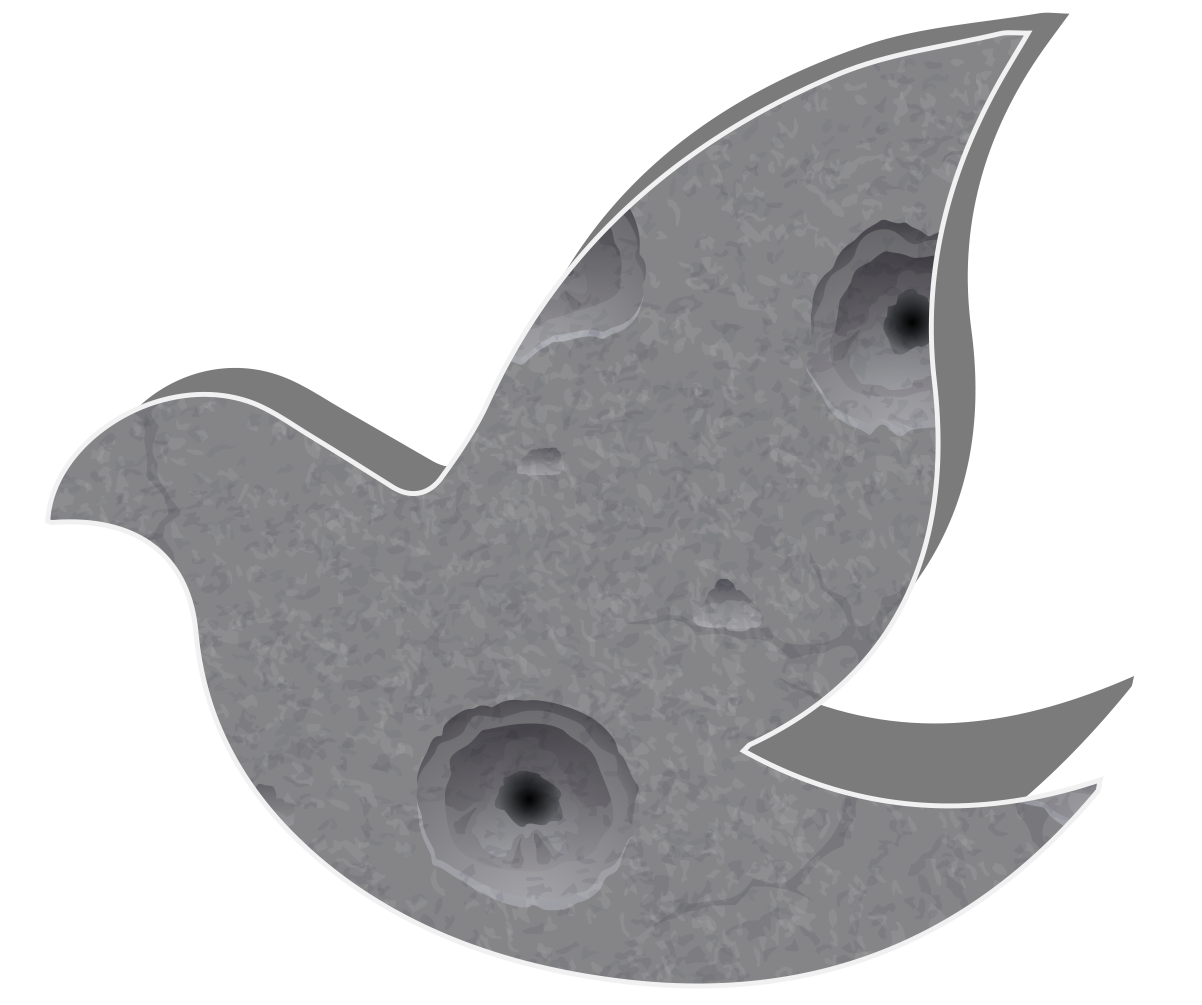 Today peace organizations and activists in Armenia and Azerbaijan are under high pressure. On the political level they’re struggling between marginalization and the danger of being captured by political interests. Their political leverage is rather small, squeezed between national power games and, as in the case of Azerbaijan, a rather hostile attitude toward civil society as a whole. For the activists, it is difficult to assert themselves as independent political actors. They suffer from isolation and speechlessness towards their own societies.
Today peace organizations and activists in Armenia and Azerbaijan are under high pressure. On the political level they’re struggling between marginalization and the danger of being captured by political interests. Their political leverage is rather small, squeezed between national power games and, as in the case of Azerbaijan, a rather hostile attitude toward civil society as a whole. For the activists, it is difficult to assert themselves as independent political actors. They suffer from isolation and speechlessness towards their own societies.

